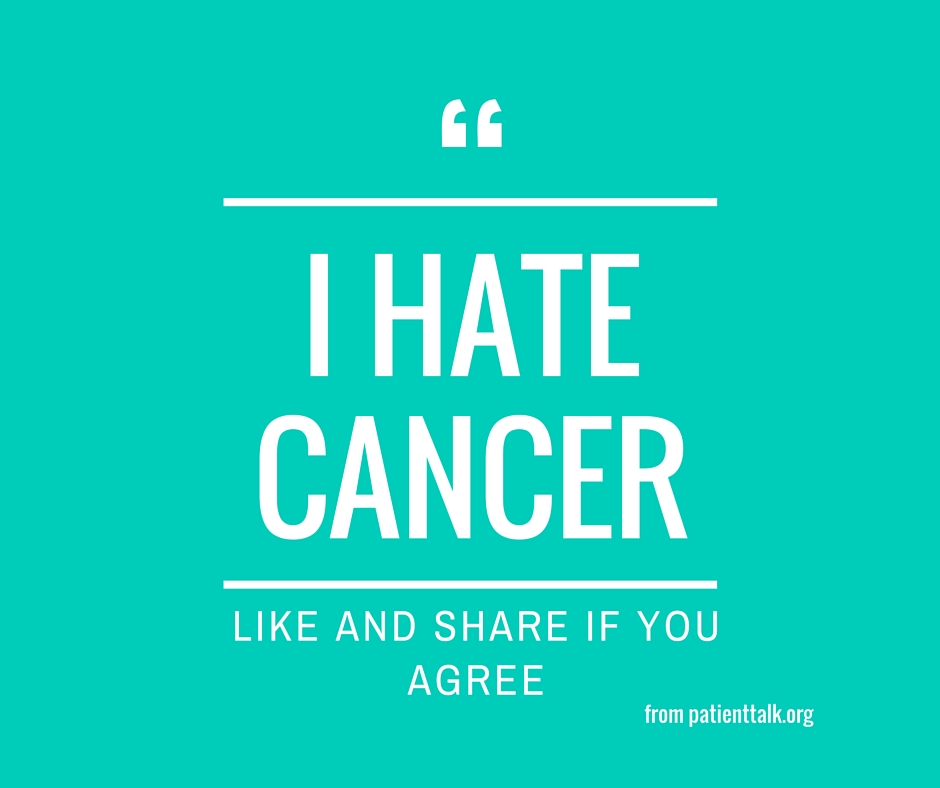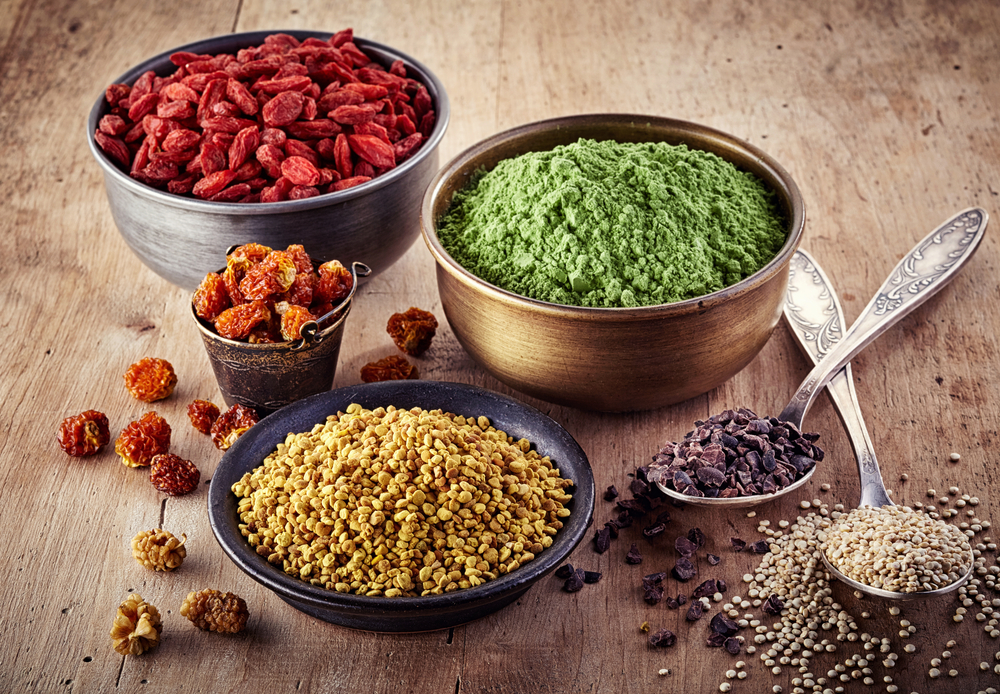According to Cancer Research UK, 4 in 10 cancer cases can be prevented, largely through lifestyle changes. It will help to lower your risk of cancer if you:
Eat a healthy, balanced diet
Stories about various foods and diets linked to preventing cancer are often in the news. This is because a lot of research is going on into diet and cancer. However, it isn’t easy to study the link between diet and cancer, because there are so many different factors involved, and cancer can take years to develop.
No single food or supplement can prevent cancer from developing. Overall, research shows a link between eating certain groups of foods (rather than any specific foods, vitamins or nutrients) and a reduction in cancer risk.
Eating a healthy, balanced diet may lower your risk of developing cancer. Try to consume a diet containing:
at least five portions of fruit and vegetables a day
plenty of bread, rice, potatoes, pasta and other starchy foods: choose wholegrain foods where possible, as these contain more fibre
some meat, fish, eggs, beans and other non-dairy sources of protein
some milk and dairy foods
just a small amount of foods and drinks high in fat or sugars, such as cakes, crisps and biscuits
Eating a healthy, balanced diet will help your body get all the nutrients it needs.
Fibre and cancer
Evidence consistently suggests that eating plenty of fibre can reduce the risk of bowel cancer. Diets high in fibre can help keep your bowel healthy and prevent constipation.
Fibre-rich foods include wholegrain pasta, bread, breakfast cereals and rice. Pulses, fruit and vegetables are also good sources of fibre.
Red and processed meat
Meat is a good source of protein, vitamins and minerals, such as iron and zinc. However, evidence shows there is probably a link between eating red and processed meat, and the risk of bowel cancer. People who eat a lot of these meats have a higher risk of getting bowel cancer than people who eat small amounts.
Beef, pork and lamb are all red meat. Processed meats include bacon, sausages, salami and ham.
If you eat more than 90 grams of red or processed meat a day (the equivalent of about three thin-cut slices of roast beef, lamb or pork, where each slice is about the size of half a piece of sliced bread), it is recommended that you cut down to 70 grams.
Read more about eating red and processed meat.
Beta-carotene supplements
Beta-carotene, often found in antioxidant supplements, has been found to increase the risk of lung cancer developing in smokers and people who have been heavily exposed to asbestos at work. It is possible that taking large amounts of beta-carotene supplements would also increase the risk of cancer in other people.
Maintain a healthy weight
In England, over 60% of the population is overweight or obese. Being overweight or obese can increase your risk of some cancers, such as:
bowel cancer
pancreatic cancer
oesophageal cancer
breast cancer if you are a woman who has been through the menopause
cancer of the womb (uterus)
kidney cancer
Being a healthy weight can reduce your risk of developing cancer. You can find out whether you are a healthy weight by using the BMI healthy weight calculator.
You can also find information and tips on how to start losing weight.
Stay physically active
There’s evidence that being physically active can reduce your risk of bowel and breast cancer, and also endometrial cancer (cancer of the lining of the uterus). It’s not known exactly how physical activity reduces the risk of these cancers, but research shows that regular exercise helps to keep your hormone levels healthy. Having high levels of some hormones can increase your cancer risk.
Physical activity also helps you to maintain a healthy weight, which in turn reduces the risk of cancer.
See physical activity guidelines for adults.
Drink less alcohol
Drinking alcohol is known to increase your risk of some cancers, including:
mouth cancer
pharynx and larynx cancer
oesophageal cancer
colorectal cancer in men (cancer of the colon or rectum)
breast cancer
It is probably a cause of other cancers as well, such as colorectal cancer in women and liver cancer.
To reduce the risk of harming your health if you drink most weeks:
men and women are advised not to regularly drink more than 14 units a week
spread your drinking over three days or more if you drink as much as 14 units a week.
Use the drinks checker to find out how many units are in different alcoholic drinks.
Stop smoking
Lung cancer is responsible for around a quarter of cancer deaths in the UK, and 90% of lung cancer cases are related to smoking.
“Stopping smoking greatly cuts the risk of developing cancer,” says Hazel Nunn, Cancer Research UK’s health information officer. “The earlier you stop, the greater the impact. But it’s never too late to quit. People who quit smoking at 30 live nearly as long as non-smokers, and those who quit at 50 can still undo half the damage.”
There is support to help you stop smoking.
Protect your skin from sun damage
Taking care in the sun so that you don’t get burned is important for preventing skin cancer. Follow Cancer Research UK’s SunSmart plan to protect yourself:
Spend time in the shade between 11am and 3pm.
Make sure you never burn.
Cover yourself up with a T-shirt, hat and sunglasses.
Take care not to let children get burned.
Use sunscreen with a sun protection factor (SPF) of at least 15.
Keep an eye on any moles or freckles you have. If they change at all (for example, get bigger or begin bleeding), see your GP, as this can be an early sign of cancer. The earlier skin cancer is caught, the easier it is to treat, so see your GP as soon as possible.
We need sunlight on our skin so that our bodies can produce vitamin D, which is essential for healthy bones. Read about sunlight and vitamin D to find out how much sunlight you need.
Know your body
It’s important to know your body and recognise any potential symptoms of cancer, such as lumps or unexplained bleeding, and to get advice about whether they might be serious.




